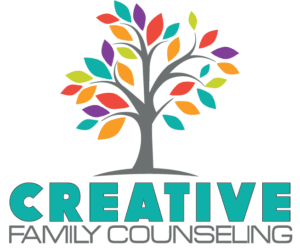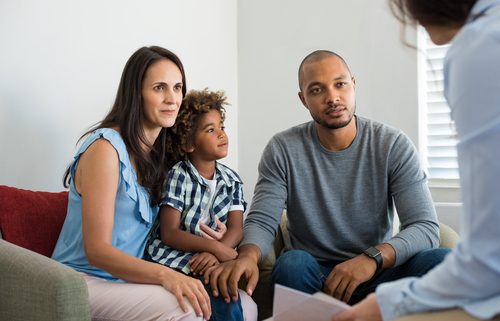PTSD Awareness Day
June 27 is PTSD Awareness Day! Understanding the aspects of PTSD can help us to feel more in control in navigating its challenges. A key concept within the understanding of PTSD is the “Window of Tolerance”. This idea contextualizes some experiences within PTSD and gives us a helpful visual to work with in treatment. The short of it is this – how much can we tolerate within this window before our symptoms are activated, we’re emotionally flooded, and we feel disregulated.










